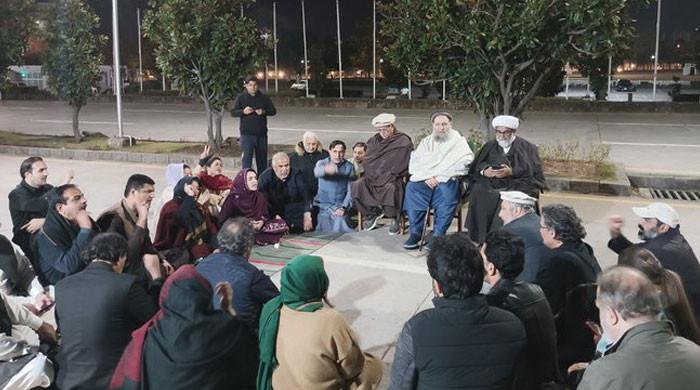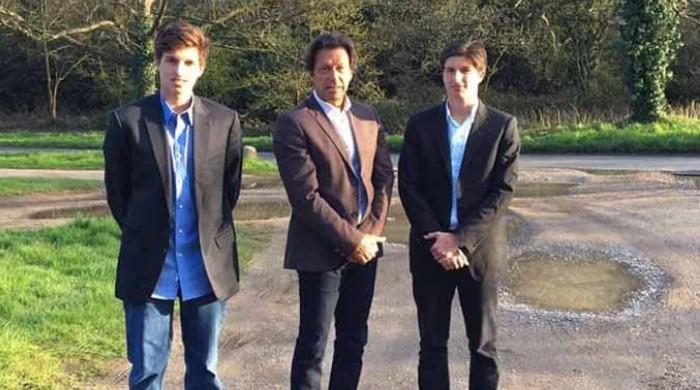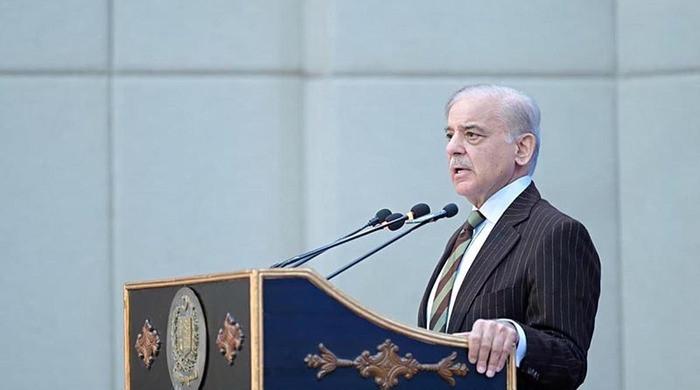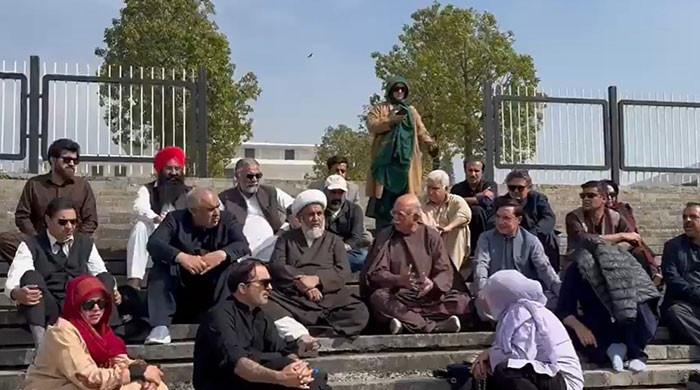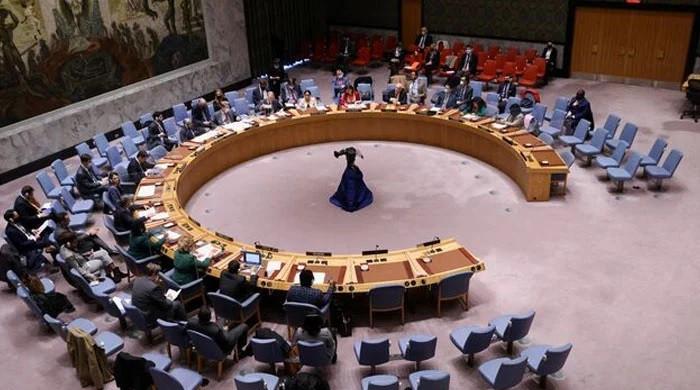Perween Rehman: She knew what homelessness felt like
Documentary, discussion on Perween Rehman held to remember the rebel optimist
February 12, 2017
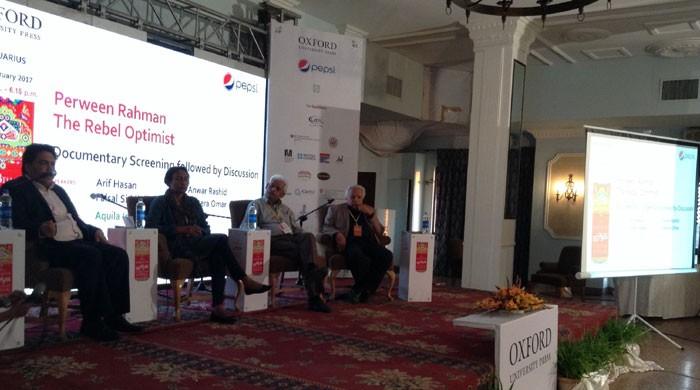
KARACHI: Those who are forced out of their homes understand what homelessness is, and might as well grow up to become someone who feels strongly about eviction. Such was the story of Perween Rahman, who stepped out of her comfort zone to make lives better of those who live under constant threat of losing the roof on their heads.
Perween and her compassionate endeavours were remembered at the screening of a documentary titled 'Perween Rahman: The Rebel Optimist' and followed by a discussion on Saturday, the second day of 8th Karachi Literature Festival underway at Beach Luxury Hotel in the city.
The rebel optimist was actively associated since 1983 with Orangi Pilot Project (OPP), an organisation working in Orangi Town, one of the largest slums of Karachi. However, as she dug up the issues that hinder people living in low-income areas from getting access to quality life, she was killed by those who did not want those problems to get solved.
She was born in Dhaka, Bangladesh in 1950s and so had seen the 1971 conflict. Being one of the people who had migrated to Pakistan during the conflict, Perween knew what eviction felt like, said her sister and moderator of the discussion, Aquila Ismail. Although Perween was a child when they moved to Pakistan, the event filled her with a drive to stand up against homelessness. "She could not bear to see someone's house being demolished."
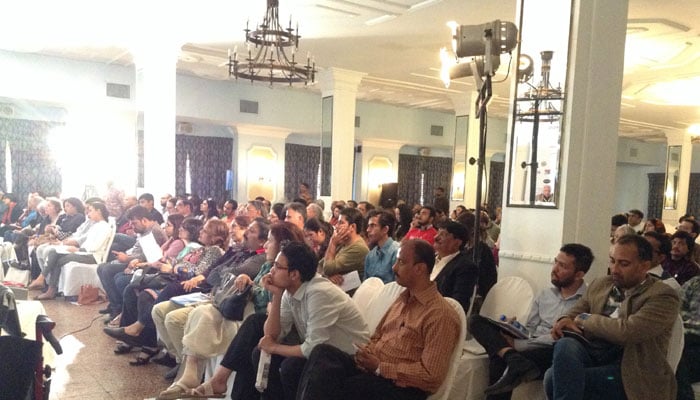
Marking existence
It was for this reason that Perween emphasised on the need for mapping the unregulated slums. Perween said that mapping would mark the presence of localities and without which the occupation of places would be theft. She had said that initially she would just survey the areas where she wanted to work, the parts of Karachi she had never seen before.
The documentary, directed by Mahera Omar, reminisces her involvement with the OPP. Anwar Rashid, Perween's friend and colleague, said she would make a map of each and every street she would pass by.
She used Google maps and taught her team members to do the same as it saved time.
"Gradually we started taking a week or 10 days for a map that would otherwise take 15 days to complete," said an OPP team member in the documentary.
Besides her work for OPP, the documentary also highlighted her personal life.
"People noticed her [based on how she acted]," said her friend, Sadia Fazli, from St.Joseph's College in the documentary. "She would put stickers on her uniform, make Sister call her out [of the queue] during the assembly."
While remembering the day when he had first met Perween, Rashid said he thought she would not stay long in the project. "She did not even know how to speak Urdu properly," he said. "[Her accent] was like that of Benazir Bhutto's at one point." He said she had not even visited the low-income areas of Karachi's north, like Baldia, SITE area, Orangi etc before she stared working for the project.
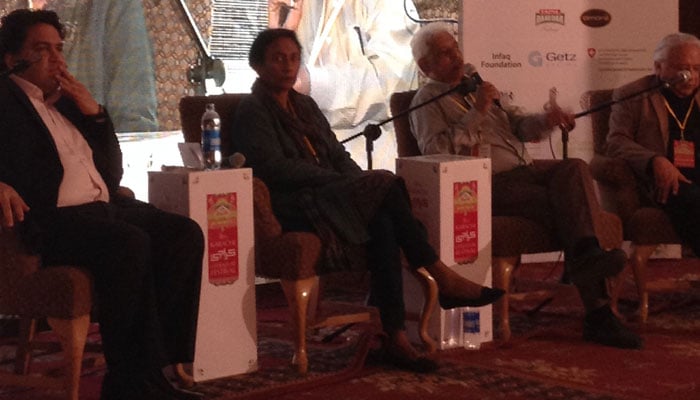
"Before her there were three others whom we had tried to bring in for the project, all three were my students just like she was, but they left in a matter of a few weeks," said Urban Planner Arif Hassan at the discussion. "But Perween stayed because of her perseverance. She won the local community over which helped the project evolve, because I was not close to the local community of the area."
However, one could notice the similarity in her personal life and work, since her hard work came from within.The project and its goal were a part of her and not just her job.
She came from an educated and fairly privileged background. It is people like her who can actually make the trickle down effect work by sharing their skills and monetary assets, whichever of the two they have to offer. But In a city where politicians, bureaucrats have vested interests and use the police as an instrument, people like Perween are exposed to dangers, and so she was killed on March 13, 2013.
Her friend and lawyer who is pursuing her case in the court, Faisal Siddiqui, said at the discussion people involved in Perween's murder have been arrested, but the question remains why the police tried to cover up the case. He said the question is also how the gang was miraculously caught after absconding for two years. "That does not make sense," he said.
Nevertheless, Perween managed to light many lamps, not only in Karachi but in other parts of Pakistan as well, Rashid said.




